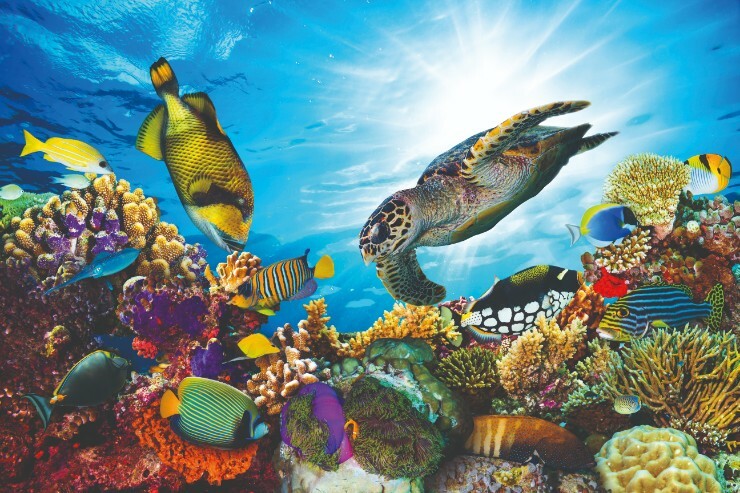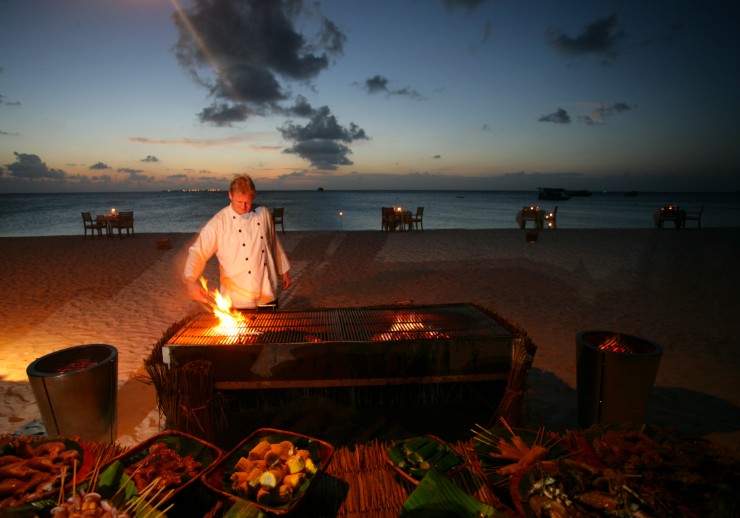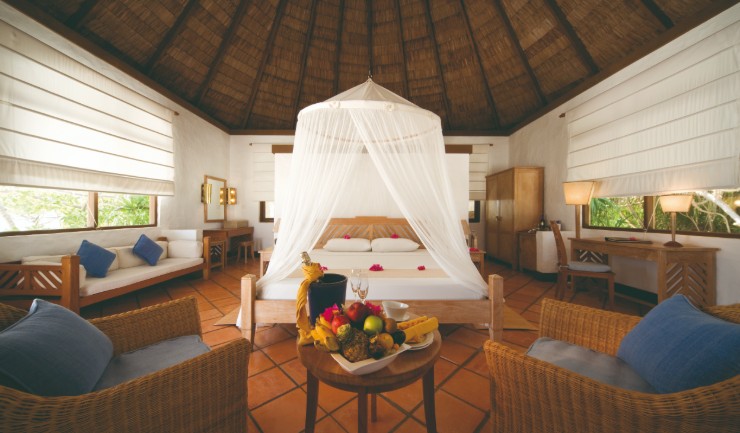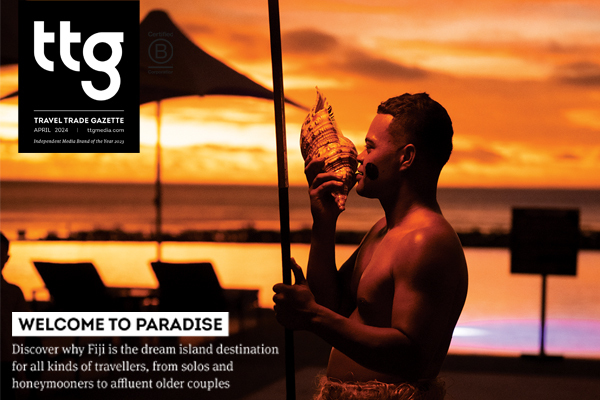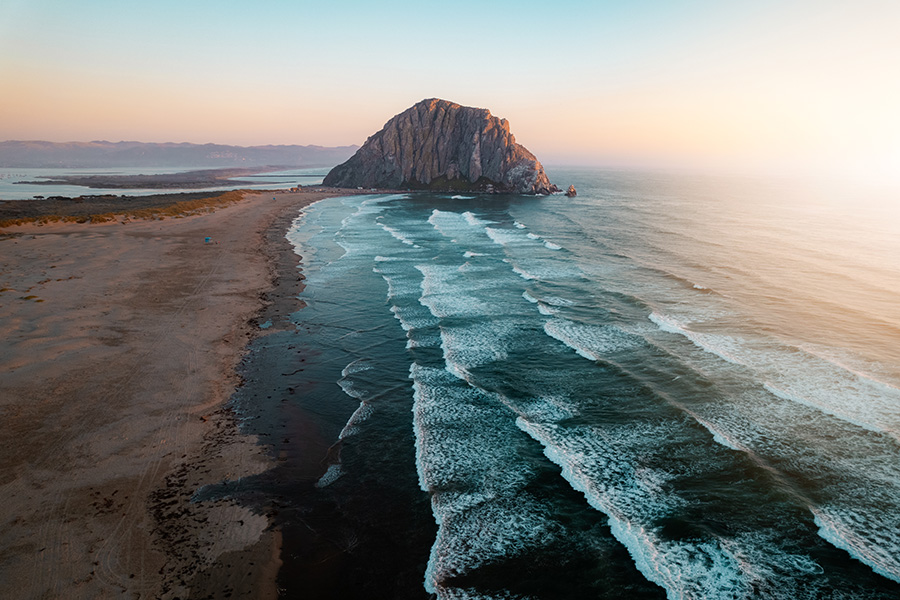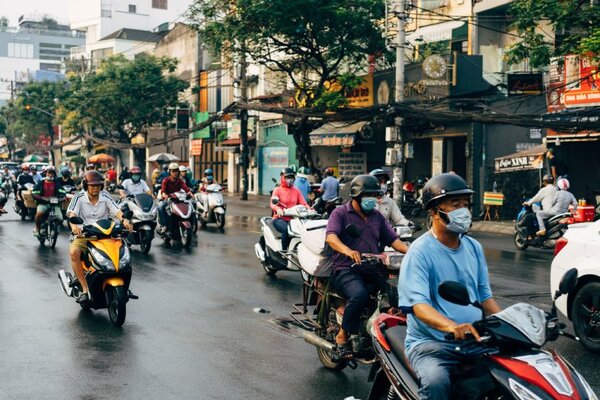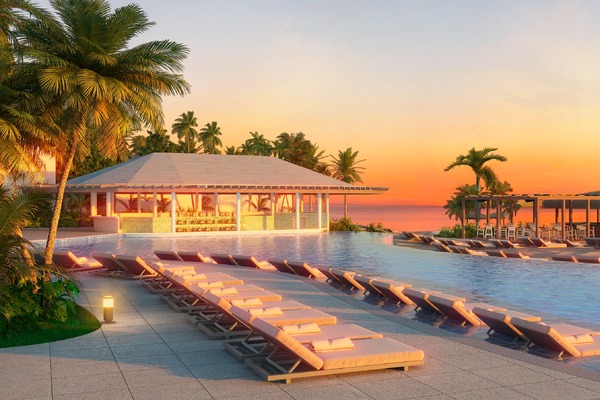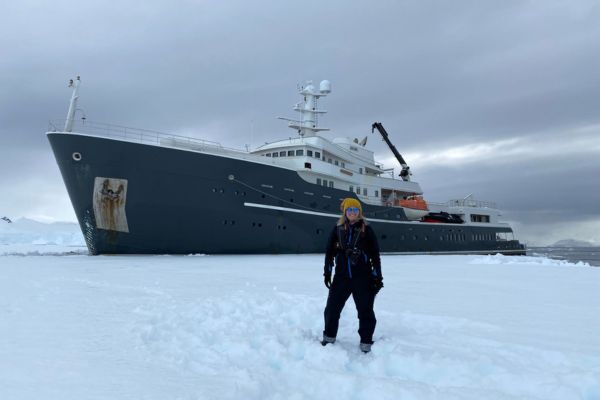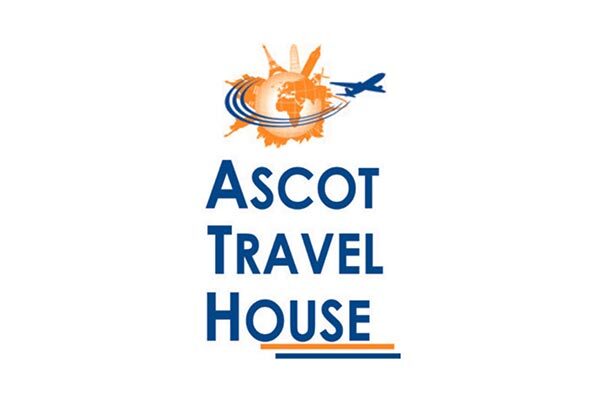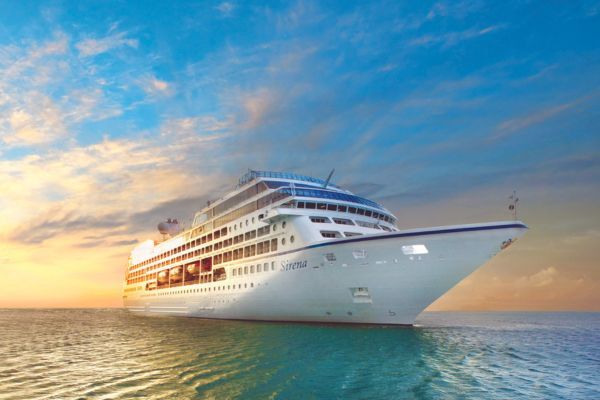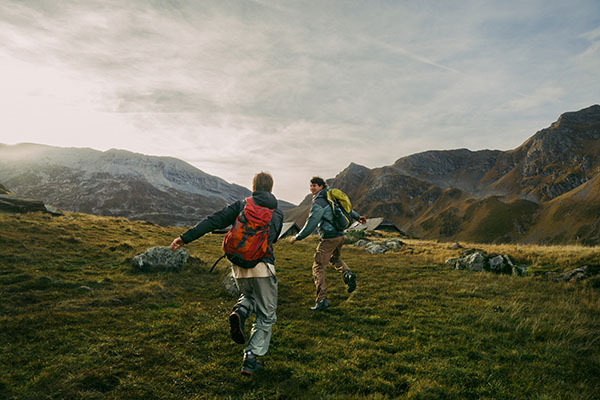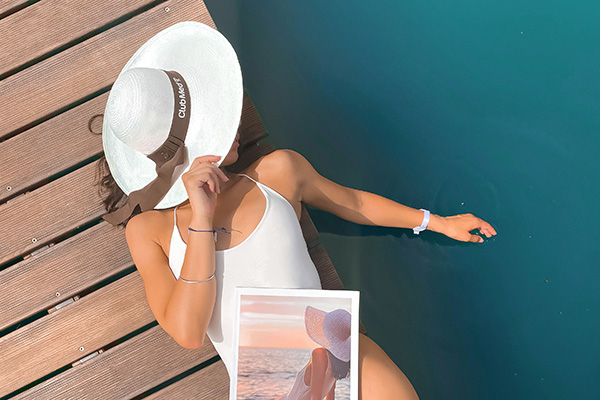Coco Palm Dhuni Kolhu, the Maldives resort championing ecotourism and conservation
 Abra Dunsby
Abra DunsbyCoco Palm Dhuni Kolhu offers guests a barefoot Maldives experience with ecotourism high on the agenda. Debbie Ward visits to see its initiatives in action
Think of it as sushi,” says a fellow snorkeller when I speculate on the amount of plankton I’m gulping down while I clumsily tread water in flippers. Those itty-bitty organisms are the reason we’re here, on an excursion from Coco Palm Dhuni Kolhu in the Maldives, because plankton attracts manta rays.
Renowned wildlife photographer Patrick Dykstra shot manta footage for Blue Planet II in the region and shared his experience during a residency at Coco Palm last year. Sure enough, our own manta ray arrives and I twist to see its incredible alien mouth stretched to filter in its microscopic meal, its ribs spookily visible within.
Back on the boat, I spot speeding fins below and convince myself they belong to sharks before a ripple of flesh reveals two more rays streaking past the remaining snorkellers. Later, heading back to the resort, there’s another surprise as about 15 spinner dolphins appear at our boat’s prow. We shriek with delight as a couple of them jump clear of the water and pirouette three times.
It may not always appear in such spectacular form, but nature is the foreground at Coco Palm. The resort, part of Coco Collection and a sister to Coco Bodu Hithi, sits at the southern tip of Baa Atoll, a Unesco biosphere reserve. We arrive in style on a 30-minute seaplane transfer from Male that gives an exciting aerial perspective on this island nation.
Used to the sandbar look of the Maldives, I’m startled by the amount of vegetation at Coco Palm. The main beach is as wide as the Mexican Riviera’s, but behind it foliage arches above sand pathways, shading both guests and water hens.
Green credentials
Like everyone else, I’m soon barefoot. Ecotourism is more than just the vibe here, however. I’m given a backstage tour to see furniture being made from reclaimed timber, waste being sent for recycling and the desalination and bottling plant that keeps the resort plastic-free.
Most pleasing is the Marine Turtle Rescue Centre for animals injured by fishing nets. I wince at pre-surgery photographs of one patient, a bloodied bone protruding from the remains of its flipper. Over the course of my stay, I’m pleased to see the turtle progress to tentative dives.
This is a four-star resort, so it’s not without its rustic luxury touches. My thatched Beach Villa has a four-poster bed, outdoor bathroom and a plunge pool. In the large spa, I enjoy a Balinese massage in a wonderful open-sided treatment room surrounded by the sounds of nature.
The main buffet restaurant includes a couple of live cooking stations. At breakfast, omelettes, waffles and pancakes are made to order and you can juice your own oranges. Two alfresco restaurants are available at extra cost. The highlight is the sunset beach barbecue. Here, I tuck into the best lobster I’ve tasted, fresh from the grill.
Village visit
I’m uneasy with how segregated tourism can be in the Maldives, so besides spicy local dishes on the menus, it’s good to see Coco Palm offering an excursion to an island village. Thulhaadhoo has 2,000 residents but a sleepy feel when we visit one hot morning, walking past houses where plastic barrels have been recycled as vegetable gardens and painted silhouettes of politicians, including the former dictator, peer from pink walls in lieu of election posters.
Some boys are off on a kite-surfing expedition as we look in on vast, half-built fishing vessels in a boatshed where loud Maldivian rock music blares. We end in a shop selling colourful lacquerware, a speciality of the island.
Coco Palm welcomes families, but most guests are couples, and more than half are British. Those who want to ramp up the romance can be “marooned” overnight in a beach bedroom on deserted Embudhoo island.
I visit for sundowners instead and, cocktail in hand and coral at my feet, spot a baby shark in the shallows. Back in resort, some of us lean over the palm-shaped boardwalk to the water bungalows to spot the harmless larger sharks that slink between the spotlights.
A place to chill
Like most Maldives resorts, beyond snorkelling or diving (there’s a complimentary test dive from the Padi centre for rookies), Coco Palm is about relaxation, not action.
Could the Crossroads multi-island resort and entertainment project in the South Male Atoll shake up expectations? Coco Collection’s marketing and sales manager Sarah Hilmy is doubtful. “The ‘one island – one resort’ concept is inherent to the Maldivian hospitality experience,” she believes.
A sunset cruise is among the destination’s simpler pleasures. One evening, I’m lounging on the roof of the resort’s wooden boat when some large black birds cross overhead. I realise they’re actually huge fruit bats heading to roost at Coco Palm. In all that lush greenery, I go my whole stay without discovering their hangout.
Book it: Seven nights’ half-board at Coco Palm Dhuni Kolhu starts from £1,719pp with Inspiring Travel Company, including flights and transfers, departing 1 June 2019.
• inspiringtravelcompany.co.uk/agents; cococollection.com
Essential information
Time difference: GMT +5 hours (Maldives), +6 hours in Coco Palm Dhuni Kolhu.
Flight time from UK: 10-11 hours direct.
Average temperature: 29°C-31°C all year.
Best time to go: November to April (January to April is driest).
Currency: Maldivian rufiyaa.
Seaplane luggage allowance: 20kg plus 5kg hand luggage.
Marine turtle rescue centre
Coco Palm Dhuni Kolhu is a monitored nesting site for endangered green sea turtles and home to the Maldives’ first Marine Turtle Rescue Centre. Open since 2017, this is run with the Olive Ridley Project and resident veterinary surgeon Dr Claire Lomas helps rehabilitate injured turtles. Fishing nets are banned in the Maldives but most of the patients are found entangled in abandoned “ghost” nets. The turtles often have deep cuts to their necks or flippers. Those that need one flipper amputated are usually released once they can swim again, while those with fewer flippers are sent to sanctuaries and aquariums.
• oliveridleyproject.org/marine-turtle-rescue-centre

